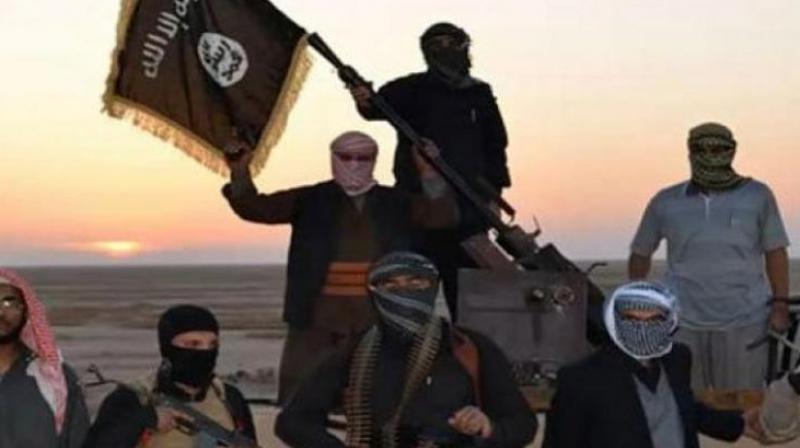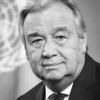World has to find new ways to fight terror, radicalisation
Terrorism is a persistent and evolving global menace. No country is immune.

Terrorism is a persistent and evolving global menace. No country is immune. The social media, encrypted communications and the dark Web are being used to spread propaganda, radicalise new recruits and plan atrocities. The threat ranges from the crude tactics of lone actors to sophisticated coordinated attacks and the horrific prospect of terrorists using chemical, biological or radioactive weapons.
Our response needs to be equally agile and multifaceted. That is why I am convening the first-ever United Nations High-Level Conference on Counter-Terrorism this week in New York. The heads of national counter-terrorism agencies and representatives from international institutions and civil society will discuss how to improve international cooperation and build new partnerships.
The conference will focus on four key areas. First, it will consider how governments, security agencies and law enforcement bodies can improve the exchange of critical information and strategies to detect, disrupt and prosecute terrorist networks. Second, the conference will discuss how the United Nations can do more to assist countries around the world affected by terrorism.
Third, it will address the threat posed by foreign terrorist fighters. With the military defeat of the Islamic State (ISIS) in Syria and Iraq, large numbers of these ideologically-driven mercenaries are relocating to other theatres of conflict or returning home, passing on their battlefield expertise, recruiting new followers and planning further attacks.
Fourth, I intend the conference to focus on how we can prevent terrorism and violent extremism. Improved security will never be enough. We need to address the underlying conditions that make people susceptible to toxic ideologies.
Terrorism is a transnational threat that cannot be defeated by any single government or organisation. It needs a concerted multilateral response at global, regional and national levels. It is essential to strengthen counter-terrorism structures and institutions. But we must also address root causes by promoting education, tackling youth unemployment and addressing marginalisation. That means engaging with local communities, religious organisations and the media. Civil society is central to the conference and our broader counter-terrorism strategies.
Clearly, the response to terrorism and violent extremism must respect human rights and comply with international law. That is not just a question of justice, but of effectiveness. When counter-terrorist policies are used to suppress peaceful protests and legitimate Opposition movements, shut down debate, target human rights defenders or stigmatise minorities, they fail and we all lose. Indeed, such responses may cause further resentment and instability, and contribute to radicalisation.
No cause or grievance can justify terrorism. But we will only diminish the threat by ending the conflicts, human rights abuses, poverty and exclusion that drive so many to violent extremism. Most new recruits to terrorism are between 17 and 27 years old. We must offer them better prospects, economically and socially. And we must reverse the polarisation, xenophobia and hate speech that are proliferating around the world.
Let us also remember the tens of thousands of people killed, wounded and traumatised by terrorism. Survivors need our support in seeking justice and rebuilding their lives, both financially and psychologically. We must also listen to them and learn from their experiences.
Finally, terrorism and violent extremism have a profound gender dimension. Terrorists continue to violate the rights of women and girls through sexual violence, abduction, forced marriages and preventing free movement and access to education. Involvement in domestic abuse is a common thread among many perpetrators. That is why we must urgently prioritise the rights, participation and leadership of women.
The international community has come a long way in its efforts to counter terrorism. There is a clear international framework that makes it easier to prosecute terrorists, disrupt their financial networks and prevent online radicalisation. But there is much still to be done.
Terrorist groups share an agenda of authoritarianism, misogyny and intolerance. They are an affront to the common values encapsulated in the United Nations Charter and the Universal Declaration of Human Rights. Our responsibility is to unite to build a world of peace and security, dignity and opportunity for all people, everywhere, so we can deprive the violent extremists of the fuel they need to spread their hateful ideologies.

